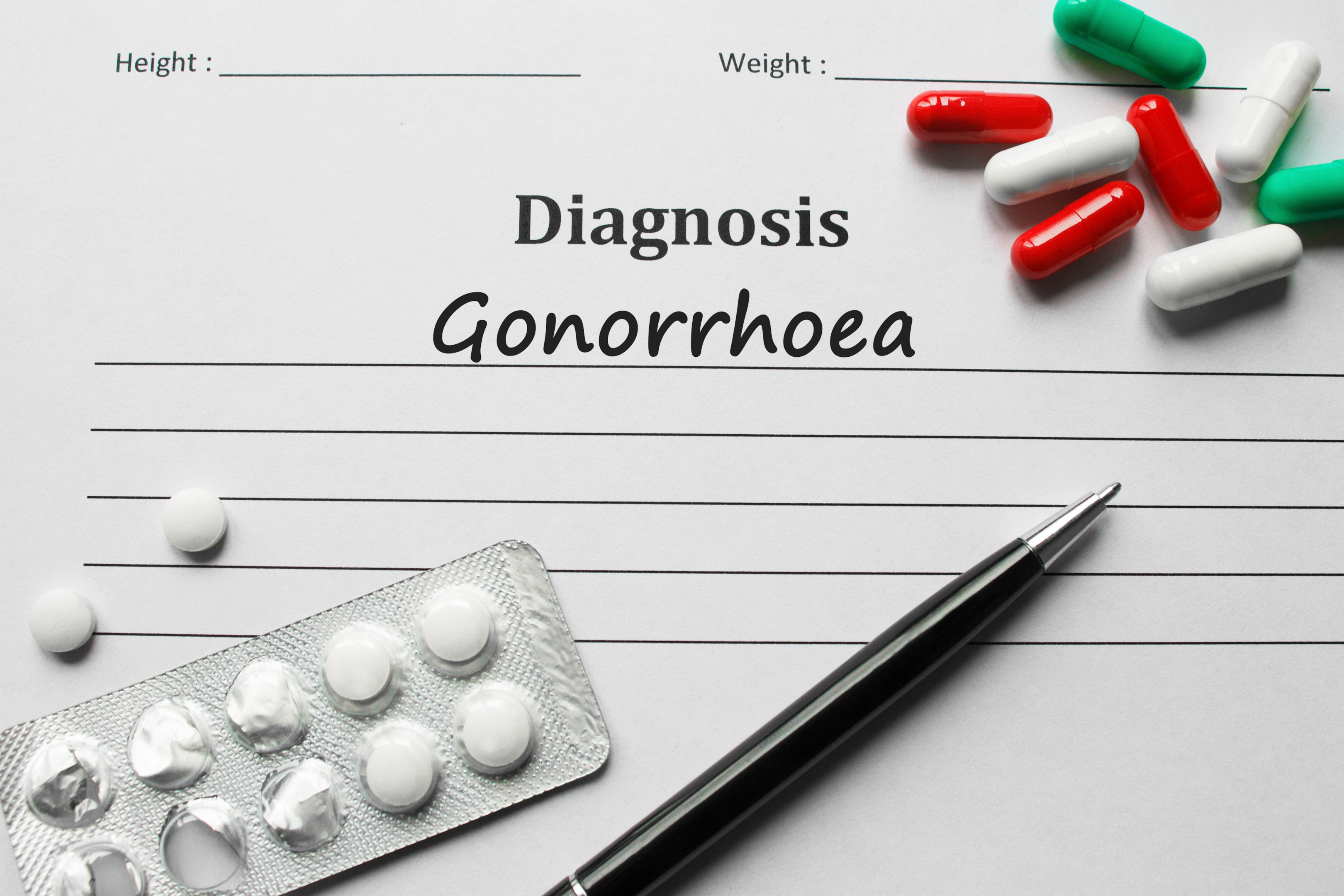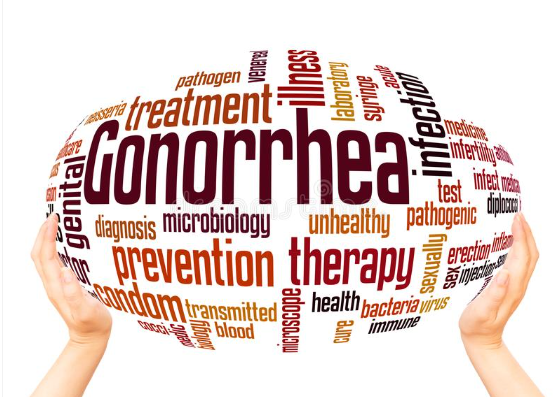How Can You Contract Gonorrhoea of the Throat?



A common sexually transmitted disease, gonorrhoea, is caused by Neisseria gonorrhoeae. It is primarily transmitted through sexual contact, but it can also be passed on through oral sex, leading to gonorrhoea of the throat.
Gonorrhoea of the throat is also known as oral gonorrhoea or pharyngeal gonorrhoea. It can occur when infected genital secretions or saliva come into contact with the throat's mucous membranes. This can happen through unprotected oral sex or sharing infected sex toys.
Not everyone who has oral sex will contract gonorrhoea of the throat. However, the risk of infection increases with the number of sexual partners a person has and with the prevalence of gonorrhoea in their community.
Determine if you have a gonorrhoea infection by taking this test.
Gonorrhoea can infect several different parts of the body, including:
Genitals: Genital gonorrhoea is the most common form of infection and is transmittable via unprotected sex. It can affect the penis, vagina, cervix, and anus. Symptoms may include unusual discharge, burning during urination, and pain during sex.
Rectum: Gonorrhoea of the rectum can occur through anal sex. Symptoms may include rectal pain, discharge, and bleeding.
Eyes: Gonorrhoea of the eyes, also known as ocular gonorrhoea, can occur when infected secretions come into contact with the eyes. Symptoms may include redness, swelling, and discharge.
Throat: Gonorrhoea of the throat can occur through receiving oral sex or the sharing of infected sex toys. Many people with the infection do not experience any symptoms. Still, some may have soreness or redness in the throat, difficulty swallowing, or swollen lymph nodes.
Read more: How does a home STI test work?
Many people with gonorrhoea of the throat do not experience any symptoms. However, some people may experience persistent sore throat, redness in the throat, difficulty swallowing, or swollen lymph nodes.

Gonorrhoea of the throat can be diagnosed with a throat swab or a urine test. It is vital to get tested and treated for gonorrhoea as soon as possible. The infection can spread to other body parts and cause more severe health problems if left untreated. Untreated gonorrhoea can lead to disseminated gonococcal infection (DGI), also known as systemic gonococcal infection, which occurs when the infection spreads from the throat to other body parts, like the joints, skin, and blood.
Antibiotics are used in preventing oral gonorrhoea bacteria. It is essential to take all of the prescribed medication and to avoid sexual contact until the infection has been fully treated to prevent the spread of the disease to others.
Read more: Best treatment for gonorrhoea
There are some ways to lower the risk of contracting or spreading oral gonorrhoea infection:
Practice safe sex by using condoms and dental dams during oral sex
Limit the number of sexual partners
Get tested regularly for sexually transmitted infections.
Avoid sharing sex toys.
Several other infections can cause symptoms similar to oral gonorrhoea, including:
Strep throat: It is a bacterial infection and is caused by the streptococcus bacteria.
Pharyngitis, also known as sore throat, is an inflammation of the pharynx, a viral or bacterial infection. Other factors, such as allergies or irritation, can cause it.
Tonsillitis is an inflammation of the tonsils, possibly caused by a viral or bacterial infection.
Laryngitis is an inflammation of the larynx and can be due to a bacterial or viral infection, as well as other factors such as exposure to irritants or overuse of the voice.
See a healthcare provider if you are experiencing symptoms of an infection in the throat to determine the cause and receive appropriate treatment.
Read more: Can you get gonorrhoea from kissing?
Gonorrhoea of the throat is a sexually transmitted infection that can be transmitted through oral sex or the sharing of infected sex toys. Many people with the disease do not experience symptoms; thus, safe sex should be practised by all sexually active people, along with regular tests to prevent the spread of the infection. Antibiotics are used to treat oral gonorrhoea and other types effectively, but it is vital to take all prescribed medication and avoid sexual contact until the condition has been fully treated.
Detect traces of gonorrhoea by taking this private at-home test.








Plus get the inside scoop on our latest content and updates in our monthly newsletter.